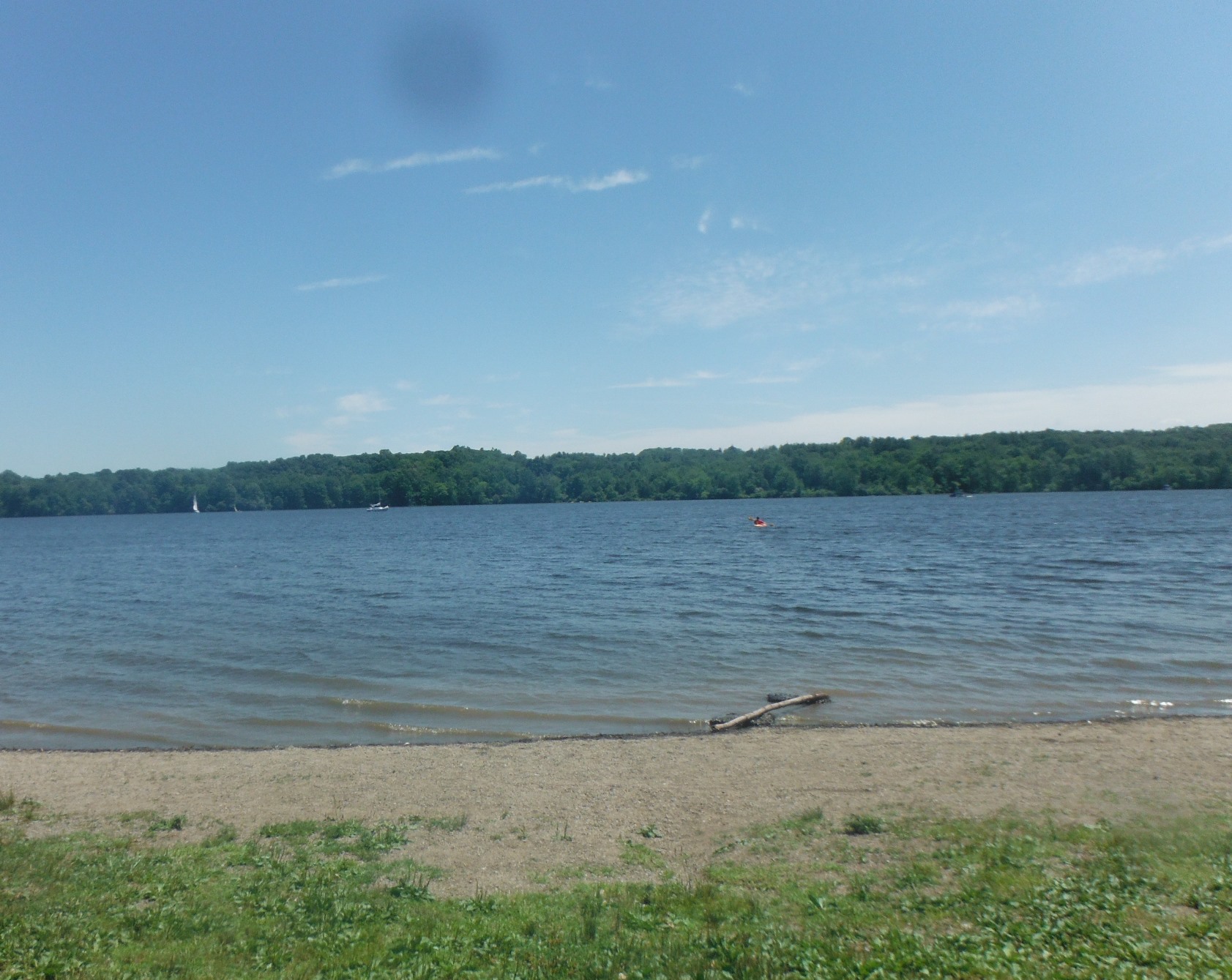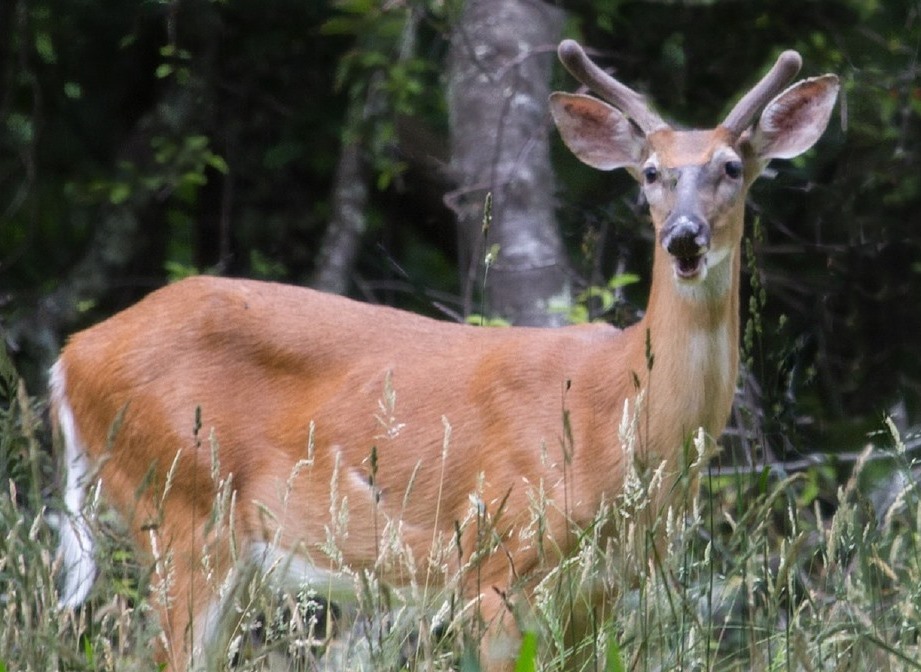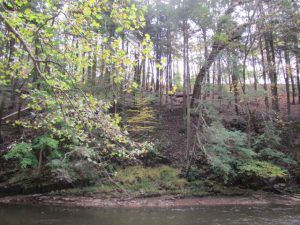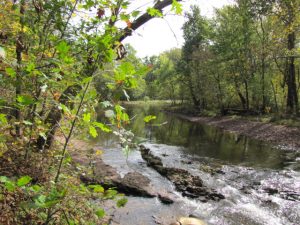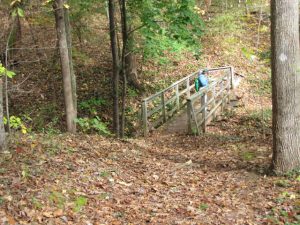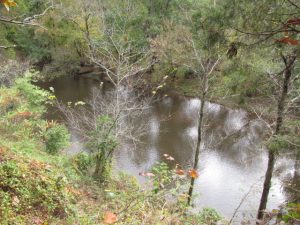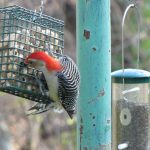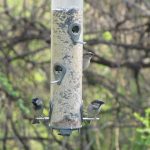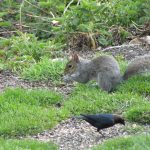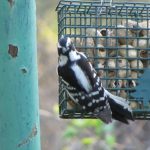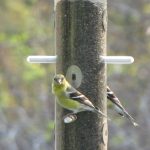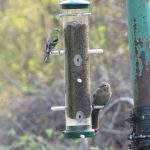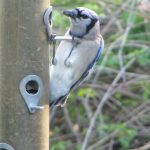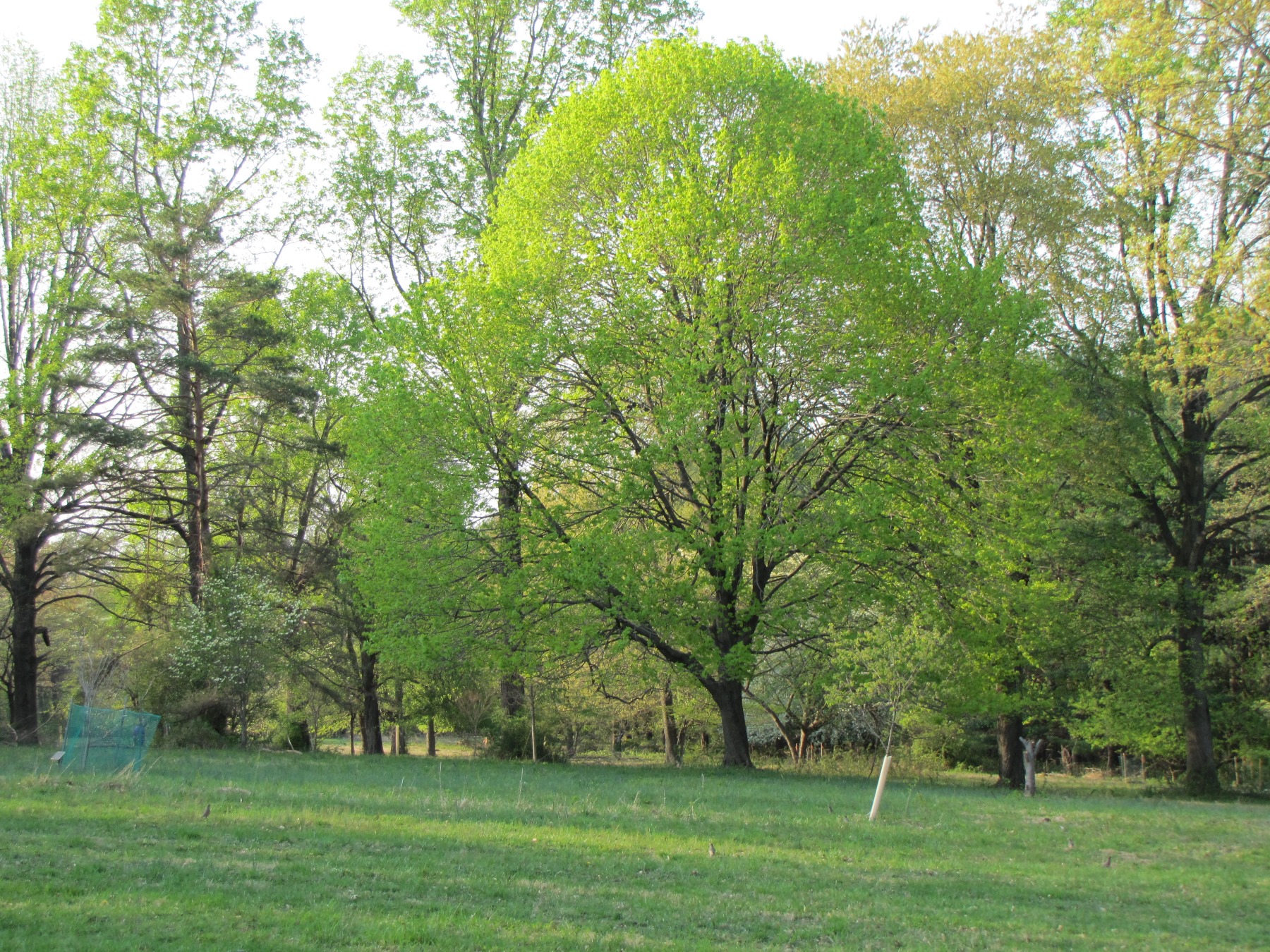
An Overview of Pennsylvania State Parks – Philadelphia and Adjacent Counties
Note: Due to the large number of state parks in Bucks County, those parks are listed in a separate post.
The Pennsylvania’s State Park system provides access to 200,000 acres of nature and includes a variety of terrain and geological features. In Philadelphia and the adjacent counties alone, there are 14 state parks, where anyone can go enjoy forests, fields and water, free of charge. The parks are open every day of the year, from sunrise to sunset, with day areas closing at dusk. Some also offer overnight camping to groups or individuals. Picnic tables are usually easy to find. Dogs are allowed in most areas of the parks, but must be kept on a leash. Pet owners are responsible for cleaning up after them. All boats in state parks must display current registration or launch permits. Details on rules and regulations regarding boats can be found here. Check the PA DCNR website and Facebook page for information and regulations about state parks.
Chester County
One of the original three counties created by William Penn (the others being Bucks and Philadelphia), Chester County has remained largely agricultural and has its share of state, county and local parks. Served by four watersheds, water features prominently in its state parks. Chester is also home to park of Valley Forge National Park.
French Creek State Park
In the Schuylkill Highlands, this 7,730-acre park is the largest contiguous forest from Washington D.C to New York City. It spreads into both Chester and Berks counties and has been designated an Important Bird Area and Important Mammal Area by the National Audubon Society and is also the
home of a State Park Natural Area, Pine Swamp. The park has two lakes, Hopewell Lake and Scotts Run Lake, both of which are suitable for non-powered and electric boats. Rentals are available On Hopewell Lake in season. A pool near the shore of Hopewell Lake is open to swimmers in summer months. The park has more than 35 miles of hiking trails and 20 miles of mountain biking trails. Horses are permitted on the 8 mile section of the Horse-shoe Trail that goes through the park. The woods by Hopewell Lake is also home to a disc golf course and French Creek is a popular place to practice orienteering, being known as the “Orienteering Capital of North America.” In the winter, all hiking trails and open areas can be used by cross country skiers and sledding is popular at the backside of the dam at Scotts Run Lake.
The park offers campsites with and without electric hookups and bathrooms with flush toilets and showers as well as organized group sites (both tent and cabin sites are available). Two yurts, ten furnished modern cabins round out the overnight facilities.
A park naturalist gives talks and demonstrations as well as leading walks during the spring, summer and fall months. A list of common birds in the park can be found here and information on the geology of the park can be found here. Check their calendar of events and Facebook page for more information.
Marsh Creek State Park
In north central Chester County, the 1,727-acre park features the 535-acre Marsh Creek Lake. The lake has two boat launches and 224 seasonal mooring slips. At the East Launch, visitors can rent rowboats, canoes, kayaks, paddleboards and sailboats at a boat rental concession which also offers lake tours throughout the summer. Electric motors are also permitted. The park has 18 miles of hiking trails, through forests, fields and wetlands. The south side of the park has 11.5 miles of mountain biking trails and the west side of the park has bridle trails and horse trailer parking. Hope Springs Farm offers trail riding, boarding and horseback riding lessons. http://www.hopespringshorsefarm.com/ The park urges caution while enjoying the trails during hunting season. In the winter, cross country skiing is permitted on some trails and in the fields of the park and about seven acres of slopes are suitable for sledding at the East Launch. Ice boating is also permitted, but ice thickness is not monitored.
With the variety of environments, the park is home to a number of species of birds. A list is here. The park offers environmental education and interpretative programs as well as hands-on activities and guided walks. Curriculum-based programs are available for students and youth groups as well as teacher workshops. Check out their calendar of events.
White Clay Creek Preserve
Located in southern Chester County, the 2,072-acre park is three miles north of Newark, Delaware and shares a boundary with the White Clay Creek State Park of Delaware. White Clay Creek has been designated a National Wild and Scenic River; the valley terrain varies from steep to gradually falling with some flat bottom lands, which all drain via the creek. Hiking trails in the park tie in with trails in Delaware, while bicycles can use portions of Edwin Leid Trail and the roads in and along the Preserve borders. The entire length of the northern portion has an 8 mile equestrian trail. In the winter, cross country skiers can use the hiking and horse trails. Due to budget cuts, White Clay Creek Preserve no longer offers environmental education programs.
Delaware County
The third smallest county in the commonwealth, six creeks and two rivers run through or alongside the count
y. Part of the John Heinz Wildlife Refuge is also in Delaware County.
Ridley Creek State Park
This 2,606-acre park is only 16 miles from Center City Philadelphia and consists of woodlands and meadows, divided by the Ridley Creek. The park has 13 miles of hiking trails, 5 miles of paved multi-use trails and 4.7 miles of trails for horseback riding. Hidden Valley Farms offers boarding, riding lessons and pony rides. The park also has formal gardens and a mansion that is available to rent for special events. In the winter, cross country skiers can use the hiking and multi-purpose trails and a large grassy slope by the park office is good for sledding. The park also features the Colonial Pennsylvania Plantation, which has been a working farm for over 300 years. It has been restored to its appearance in the 18th century and weekend visitors to the park can witness costumed historical interpreters working as they would at that time. (Note, a fee is charged to visit the plantation.)
The wooded areas of the park include both old and new growth forests which are home to a number of animals and birds. Many old trees can be found, some dating to colonial times, with the most rare and unique of these being the large Franklin tree by the Hunting Hill Mansion. Common birds of Ridley Creek can be found here. The park offers environmental education and interpretative programs as well as hands-on activities and guided walks. Curriculum-based programs are available for students and youth groups as well as teacher workshops. Check out their calendar of events.
Montgomery County
In addition to the state parks, Montgomery County also owns or manages an addition 6000 acres of open space.
Evansburg State Park
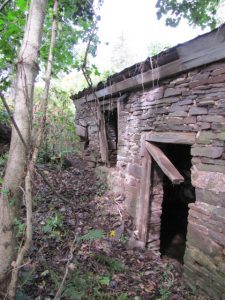
Between Norristown and Collegeville, the park offers meadows, old field, woodlands and the Skippack Creek, which has created ridges and valleys. Remnants of 18th and 19th century mills can be found throughout the park. The park has two pavilions, both of which are first-come, first-served or can be reserved up to 11 months in advance for a fee. The park also has a regulation softball field on Skippack Creek Rd. There are 6 miles of hiking trails, ranging from easy to moderate, 15 miles of equestrian trails and a five-mile mountain bike trail at the southern end of the park which can be accessed at the Fern Avenue trail head. Most of the trails can be used for cross country skiing in the winter. Camping is available for organized youth groups. Park trees are a combination of northern and southern hardwoods at various stages of growth. Poison ivy is common in the park, so knowing how to identify and avoid it is important. Check out the park’s calendar of events.
Fort Washington State Park
Just north of Philadelphia, the park takes its name from a temporary fort built by George Washington’s troops in the fall of 1777, before heading to Valley Forge. With open fields and wooded areas, the park is a popular place for bird watching. The park has 3.5 miles of hiking trails, through forest and open fields and a 2.5 mile section of the Green Ribbon Trail goes through the park, connecting the Militia Hill and Flourtown Day Use areas. A 9-hole disc golf course goes through the woods in the Militia Hill Day Use area. The 1.7-mile loop in the Militia Hill area is suitable for both beginner and expert cross country skiers and a 400-foot slope near Lot 5 is good for sledding. An observation deck provides a place to watch for 16 species of raptors that pass through the park as well as to look down on a butterfly garden where one can see many species of smaller birds as well. Check out their events calendar.
Norristown Farm Park
A working farm that has been in continuous use since colonial times, the 690-acre park has hiking trails, both forests and fields, wetlands and two streams. You can find 71 species of animals, 173 species of birds, 89 species of trees and 216 species of wildflowers. There are 15 buildings on the property, which is maintained by Montgomery County. Eighty percent of the property is dedicated to growing crops. The 8 miles of trails in the park are for walking, rollerblading and bicycling; most are paved. Just outside the park office, the Millennium Grove is one of two sites in the state selected to promote the planting of historic tree groves. IN the winter, any part of the park can be used for sledding, downhill or cross country skiing or snowshoeing. A one-acre pond just off Upper Farm Road features a bird blind. A list of birds specific to the park is available at the park office/visitor center upon request.
The park conducts a variety of educational classes and activities throughout the year. Information and an events calendar can be found on the Montgomery County Park website.
Philadelphia
Benjamin Rush State Park
Located in Northeast Philly, this is the only state park within the city limits. The park has open spaces, some woodlands and one of the largest community gardens in the area. Organized by the Benjamin Rush Association, individuals can rent a plot to grow their own flowers and vegetables. The park also has a large open area dedicated to flying radio-controlled airplanes This field has a 400-foot runway and surrounding “fly zone.” There are 3.5 miles of gravel, multi-use trails that go through open fields and forested areas and connect to the Fairmont Park system. These trails are also available to cross country skiers in the winter months.
